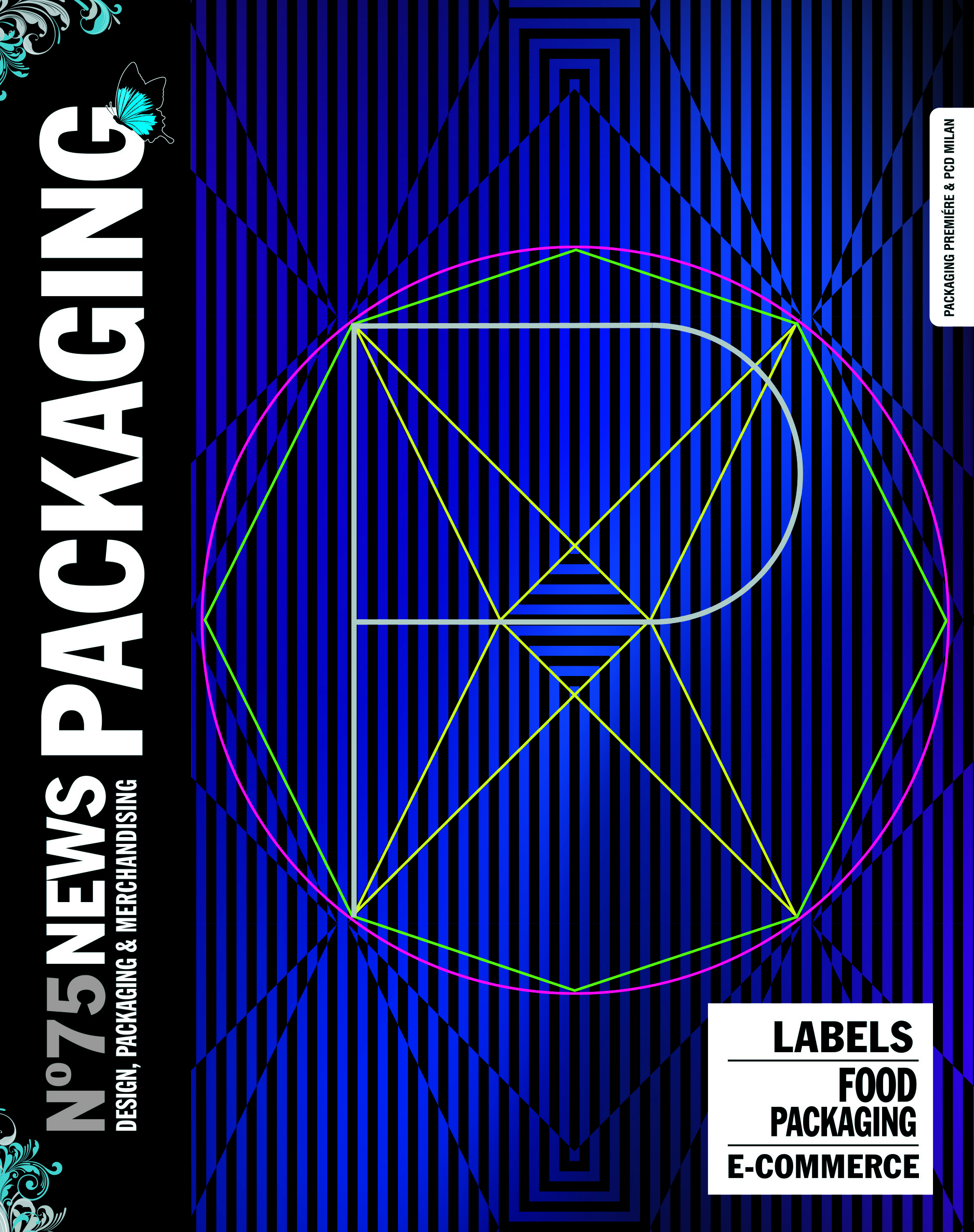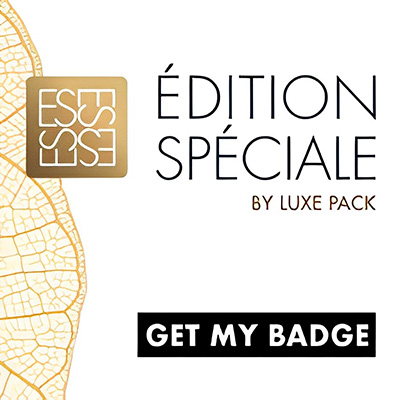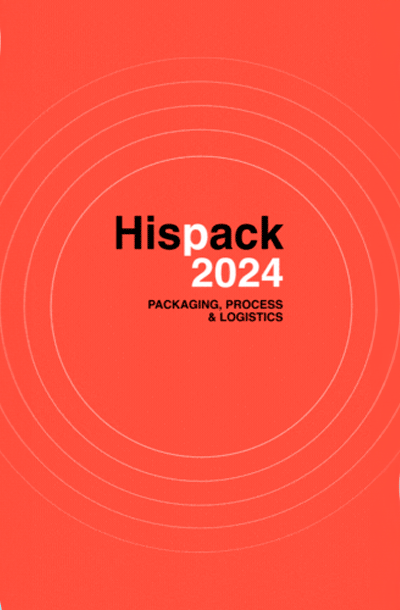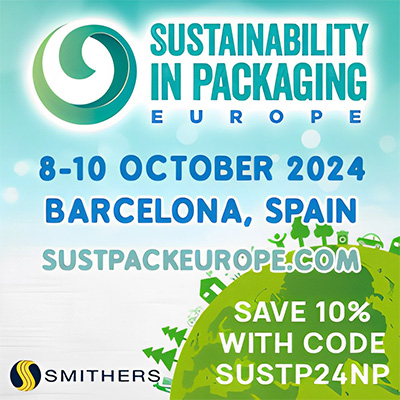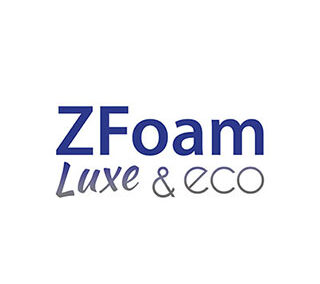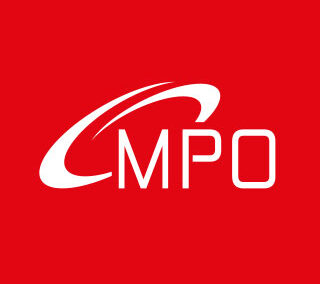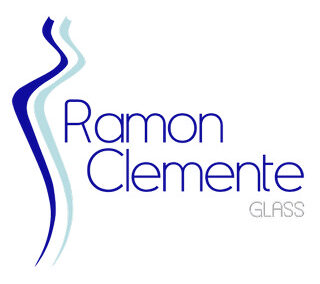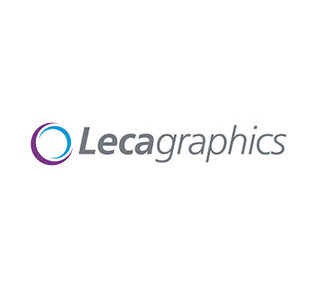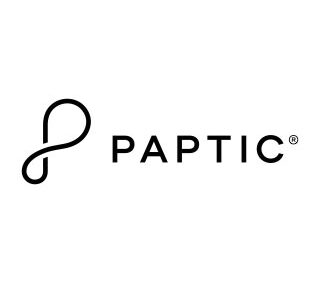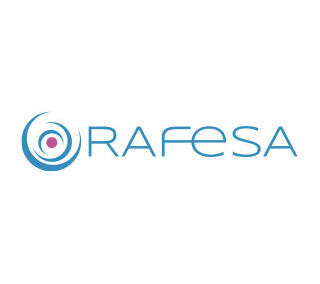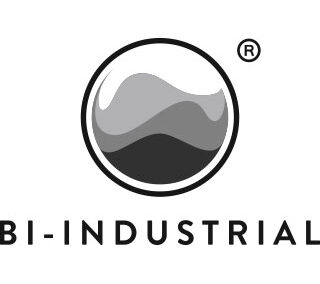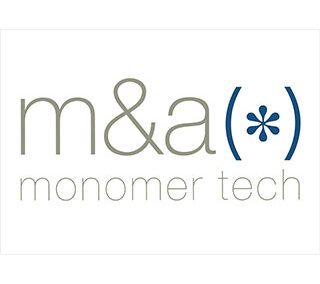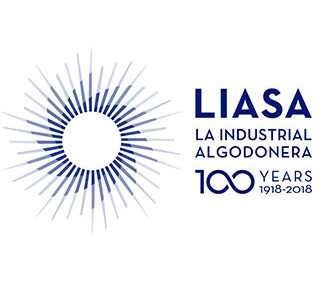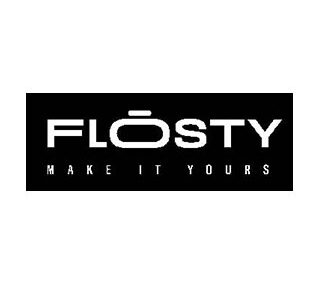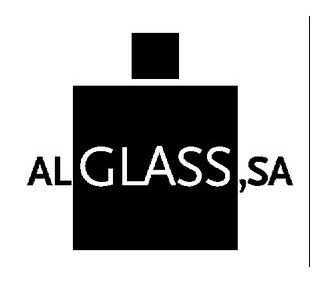The present and future of bioplastics in the European juice industry will be debated on April 18 in Brussels, at an international conference organized by AINIA technology center and European Association of Fruit Juices (AIJN).
The latest news in materials will be presented at the conference bioplastics (those obtained from alternative petroleum sources) and some of its applications in fruit juice containers.
Reflect on the value of the use of renewable sources to obtain new packaging materials, as well as learn how to apply these new materials to juice packaging, their developments, production processes, barriers and potentialities ..., based on cases and experiences of the own companies of the sector that are pioneers in this field, will be other of the objectives of the day.
One of the topics that arouses the most interest is the presentation of the first prototype of a fruit juice container made with PHB (biodegradable bioplastic) obtained from wastewater from the juice industry. This container is the result of three years of R&D work within the framework of the European project P.H.Bottle, a pioneer in its field in the development of the concept of "Circular Economy" promoted by the EU in its commitment to innovation and sustainable technological development, within the framework of the H2020 Program.
PHBottle, a project coordinated by AINIA, has integrated an international consortium made up of the European Association of Fruit Juices (AIJN), the Spanish company Citresa (belonging to the multinational Suntory), the company Mega Empack (Mexico), Logoplaste (Brazil), Omniform (Belgium) and Sivel Ltd (Bulgaria), in addition to the technology centers TNO (Holland), Aimplas (Spain), INTI (National Institute of Industrial Technology of Argentina) and Logoplaste Innovation Lab (Portugal).
The PHBottle container prototype has been obtained from the transformation of organic remains (sugars and others) present in wastewater from the juice industry into a bioplastic material with improved properties with antioxidants to extend the useful life of the juice contained, as well as its resistance and other ergonomic characteristics. The advance has been possible thanks to combining the latest advances in biotechnology, packaging technologies and microencapsulation, thus demonstrating the value of organic waste from the juice industries themselves as a raw material to produce packaging for their products.
In addition, the Belgian multinational Tetra Pak will present its new Tetra Rex containers, a new type of totally biodegradable carton. And the Dutch multinational Avantium will explain the development of its new PEF bottles, a bioplastic with improved properties compared to traditional PET (plastic). The day is open and it is possible that other successful cases will be presented in packaging for juices obtained from bioplastics.

